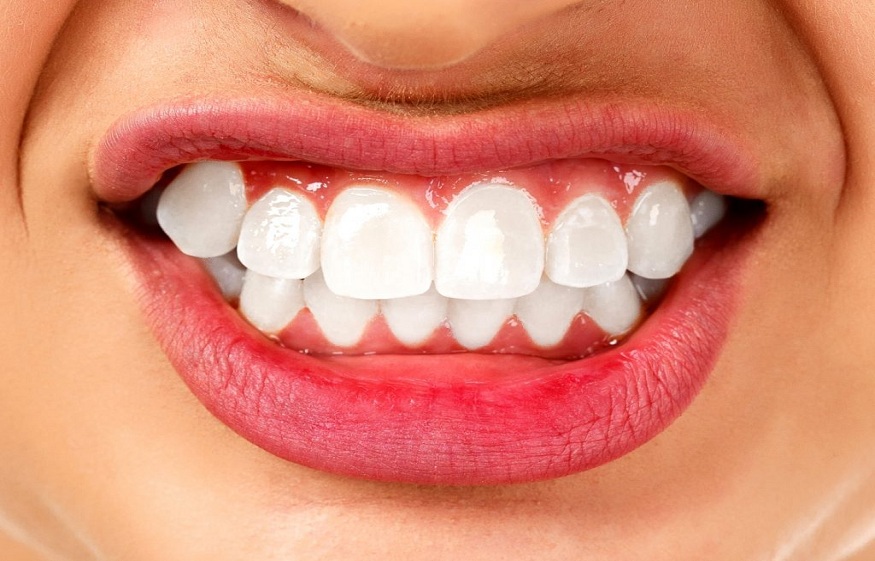Dealing With Bruxism: How Can A Periodontist Help?
Bruxism, or teeth grinding, can be more than just a nighttime nuisance. It can lead to headaches, worn teeth, and jaw pain. But there’s good news. A periodontist can help diagnose and treat this condition. By focusing on the health of your gums and the structures supporting your teeth, periodontists play a vital role in managing bruxism. Whether considering treatments like dental implants Campbell or exploring other solutions, they offer effective options. Understanding how they help can make a big difference in your oral health.
What Causes Bruxism?
Bruxism often arises due to stress, misaligned teeth, or sleep disorders. These factors can lead to involuntary clenching or grinding of teeth. Over time, this can damage enamel, irritate gums, and strain the jaw.
Signs and Symptoms
Recognizing bruxism early helps in managing its effects. Some common signs include:
- Worn or chipped teeth
- Sensitive teeth
- Jaw pain or discomfort
Consulting with a healthcare provider can confirm these symptoms. According to the National Institute of Dental and Craniofacial Research, seeking help early can prevent complications.
Role of a Periodontist
Periodontists specialize in the structures supporting teeth. They offer treatments that can alleviate issues caused by bruxism. They focus on:
- Assessing gum health
- Evaluating bone structure
- Providing protective treatments
This specialized care can protect teeth from further damage and improve overall oral health.
Treatment Options
Treatment for bruxism can vary based on severity. Here is a comparison of common approaches:
| Treatment | Description | Effectiveness |
| Mouthguards | Custom-fitted devices worn during sleep | High |
| Stress Reduction | Techniques like meditation or counseling | Varies |
| Dental Adjustments | Correcting biting surfaces of teeth | Moderate |
These options can be discussed with a periodontist to find the best fit.
Prevention and Maintenance
Prevention plays a key role in managing bruxism. Simple strategies include:
- Maintaining regular dental check-ups
- Practicing relaxation techniques
- Avoiding hard foods like nuts or ice
Consistent care can mitigate the effects of bruxism and enhance oral health. The Centers for Disease Control and Prevention offers additional insights into maintaining dental health.
Final Thoughts
Bruxism is a condition that affects many but can be managed effectively. Periodontists offer valuable expertise in treating this condition. Their focus on the supportive structures of teeth ensures comprehensive care. By recognizing the signs early and seeking appropriate treatment, the impact of bruxism can be minimized. Regular prevention and maintenance keep your smile healthy and strong.


Leave a Reply
You must be logged in to post a comment.